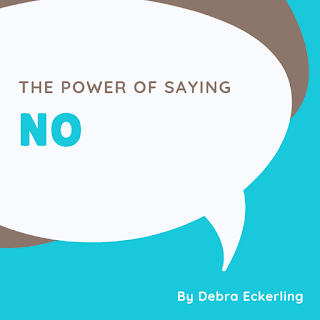 |
| "If you don't stand for something, you'll fall for everything."
--from "swing," by Kwame Alexander
with Mary Rand Hess
|
Words have Power. Words can Transform our Life.
Daycare at three years old. Living on the Upper Westside of New York City, a kid knocked over Kwame’s blocks. The only weapon Kwame could conjure up were his words. He used a few choice ones and made the kid cry. That’s when Kwame learned the power of words. From then on words transformed his life. Who else at that age would immerse himself in the Dr. Seuss book, Fox in Sox, and know it backwards and forwards? That marked the beginning of Kwame’s love of words.
Speak Out. Your Voice Matters.
A man in the audience pointed out that he could hear empowerment in Kwame’s books, and asked how Kwame’s empowerment came about. Kwame’s dad, headmaster of his school in Brooklyn, dragged him to a march—a protest against police brutality after the killing of a black man. He didn’t want to go. He was scared. Then teachers and kids started singing. He sang too, and the tears dried up. That’s when Kwame realized he has a voice. And his voice matters. He says, “You have to speak out to make wrong things right.”
The Road from Twenty-two Rejections to the Newbery Medal
The Crossover. The best book Kwame felt he has written. The book he wrote from his heart, written at Panera Bread, winner of the Newbery award, garnered twenty-two rejections before it found a home. Upon publication, no one wanted to read it. A book about basketball? Girls don’t read books about basketball. Boys don’t read poetry books. Then boys tried it. Then girls. Then they asked for more. The rest is, as they say, history.
How did Kwame begin his journey? At a booth in Reston, Virginia. Kwame set up a card table, wore a T-shirt with Miles Davis on it—he listens to jazz while he’s writing—laid out 100 books, and sold them all in about an hour.
The evening ended with Kwame’s reading of his new book, Undefeated, while displayed on a large screen. The reading cut me to the core. I came away in awe of how Kwame’s words dig deep into the soul. Bring out feelings about how we as inhabitants of this Earth interact with each other. And how beautiful it is when we celebrate each other. Read Undefeated for yourself and you’ll see what I mean. There is so much to learn about Kwame Alexander. Please visit his website: https://kwamealexander.com/. Like me, you will never be the same.
Clipart courtesy of: www.freepngclipart.com.
Linda Wilson, a former elementary teacher and ICL graduate, has published over 150 articles for adults and children, and several short stories for children. She has recently become editor of the New Mexico SCBWI chapter newsletter and is working on several projects for children. Follow Linda on Facebook.

















